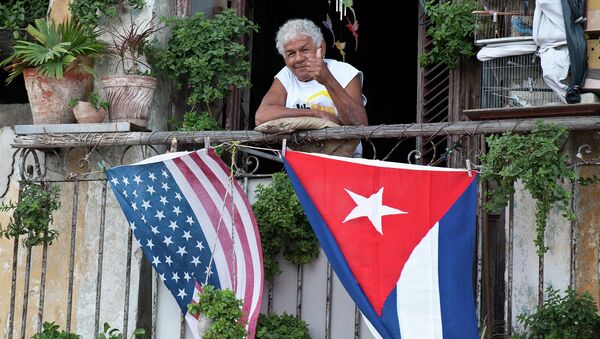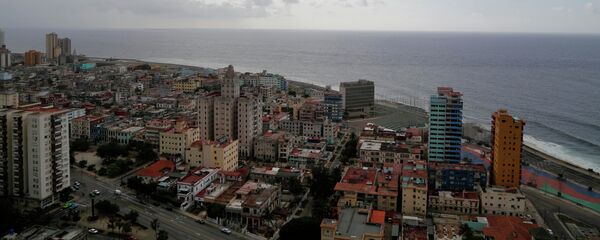According to Petras, who is a former professor of sociology at Binghamton University in New York and Saint Mary's University in Canada, the US started talking to Cuba because its previous strategy of sanctions and isolation didn't work, and Washington decided to use a trickier route.
"Washington couldn't overthrow the Cuban government and decided to restore diplomatic relations to influence Cuban citizens, and through them to pressure the government," Petras said.
The main problems in the US-Cuban relations remain unchanged. The economic blockade is still on and most importantly the prison at Guantanamo Bay is still open, Petras said.
In other countries, such as Honduras and Ecuador, the US government succeeded in their strategy. The White House has its agents in these places that organize anti-government protests to destabilize the countries. The US wanted to pursue the similar strategy in Cuba, but fortunately for Cuba, American agents failed in doing so, Petras said.
Petras is known for his academic expertise in Latin American politics. He was a founding member of the Young Socialist Alliance and has always been active in left-wing politics and issues of social justice. In the past, Petras advised left-wing world leaders, including Greek President Andreas Papandreou, Chilean President Salvador Allende and Venezuela's Hugo Chavez.



